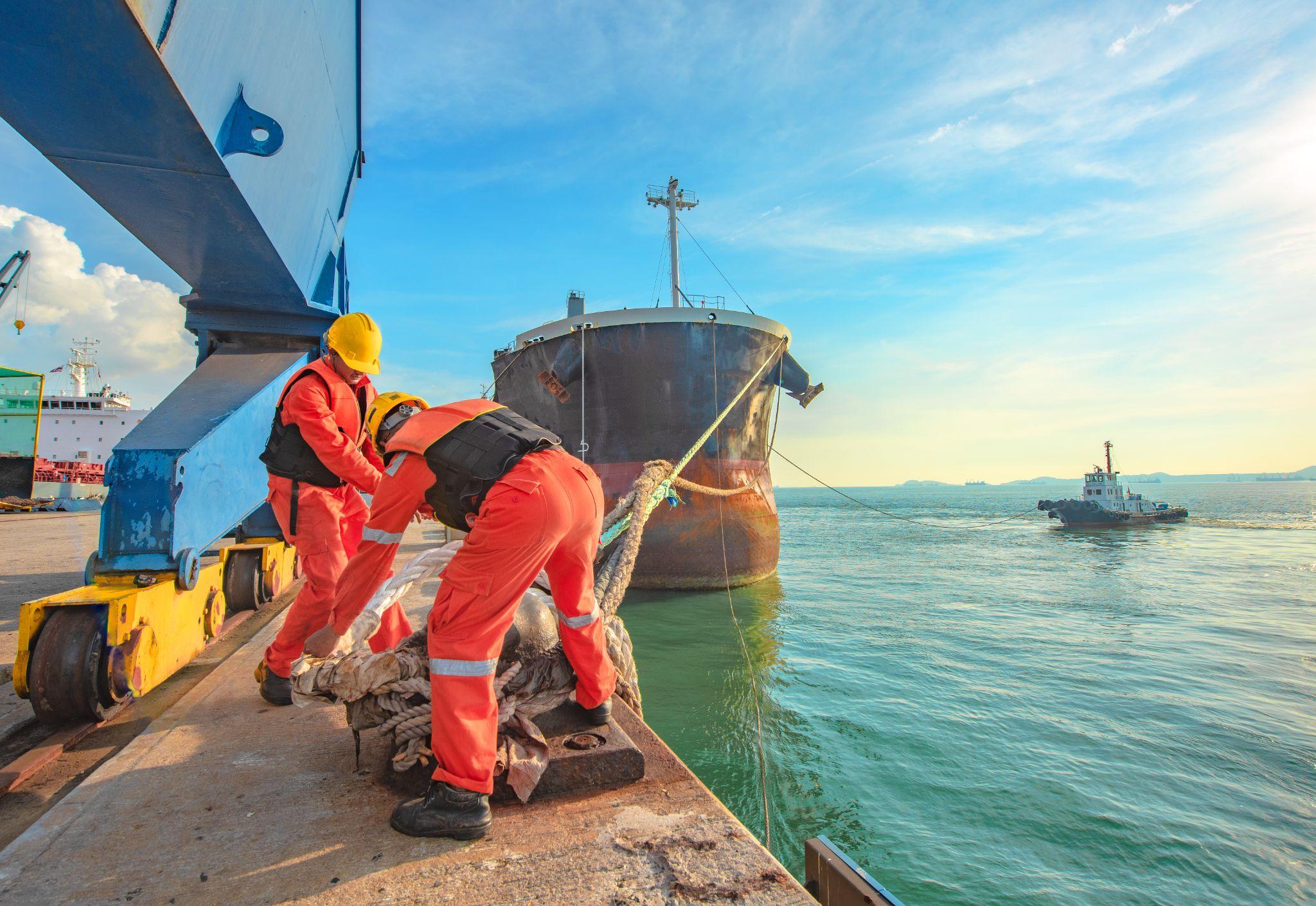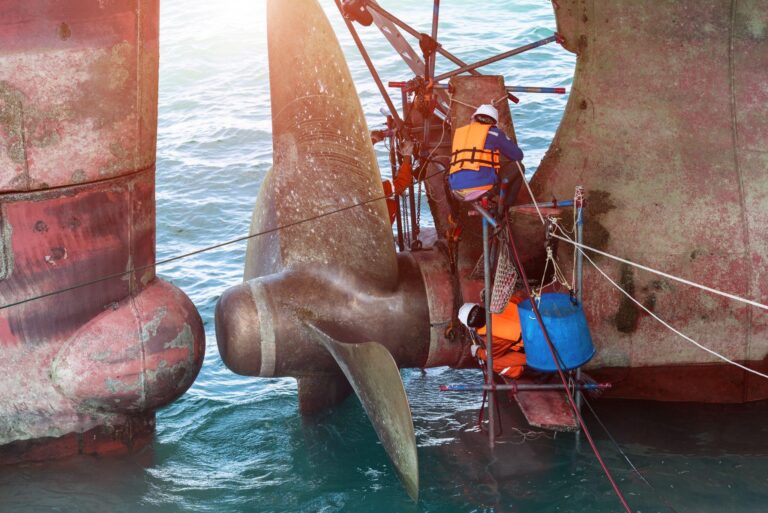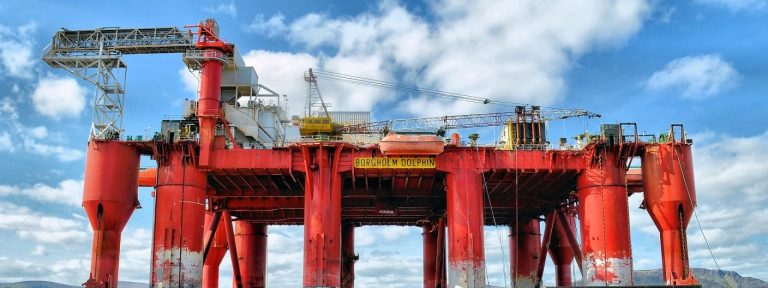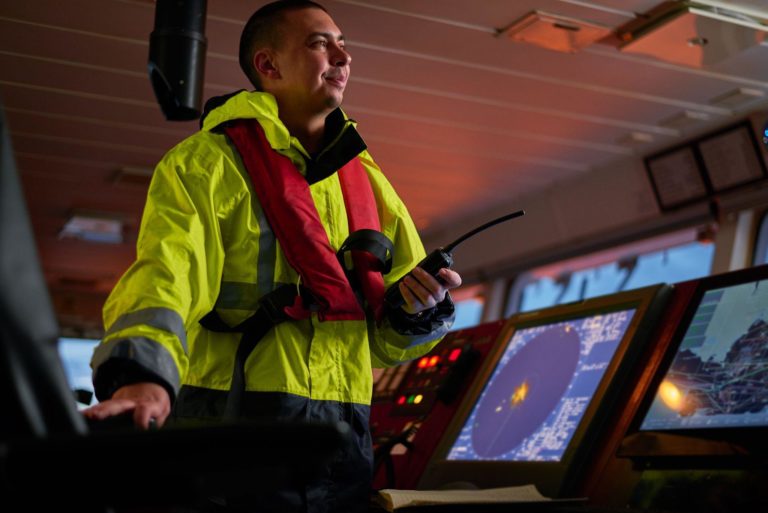For the more than 400,000 workers in the U.S. maritime industry, maritime safety is not just a guideline—it’s a lifeline. According to data from the CDC’s National Institute for Occupational Safety and Health (NIOSH), maritime workers face significantly higher risks of injury, illness, and fatality compared to workers in most other sectors.1
The maritime safety tips below can help reduce risks, prevent avoidable incidents, and minimize the chances of needing a maritime injury lawyer to handle a work-related claim.
#1 Maintain Situational Awareness
Staying alert and aware of your environment is one of the most important elements of safety at sea. In high-risk environments like cargo vessels, fishing boats, and offshore rigs, conditions change quickly. This makes vigilance essential to preventing accidents.
Workers should monitor moving equipment, stay clear of crane operations, and ensure walkways remain free of tripping hazards. Reporting mechanical issues, electrical failures, fuel or chemical spills, and other unsafe conditions promptly can save lives. Utilize any available warning systems, and never assume another worker sees the danger you’ve spotted—communicate clearly and often.
Maritime fleet safety also relies on effective team communication and consistent monitoring of shipboard systems. Bridge personnel and deckhands alike must be ready to respond to hazards in real time.
#2 Follow Safety Procedures
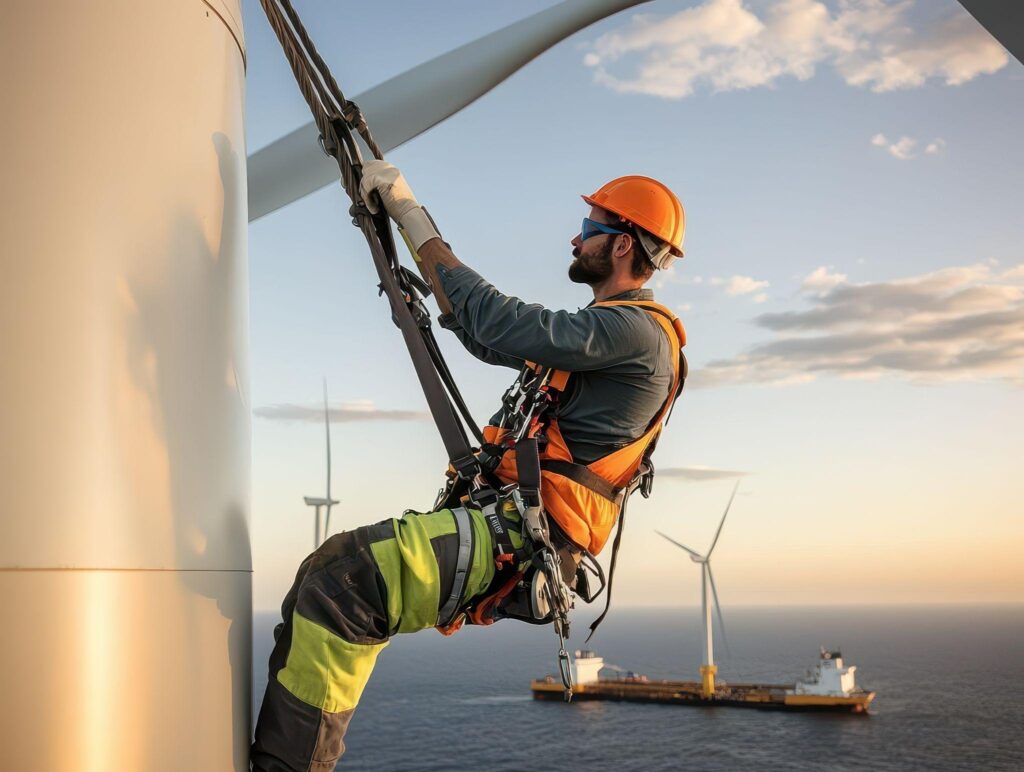
Adhering to established protocols is foundational to maritime safety and security. Many injuries happen not because procedures don’t exist, but because they aren’t followed consistently.
Workers should:
- Participate in regular maritime safety training courses.
- Keep certifications current, including CPR, first aid, fire safety, and personal protective equipment (PPE) usage.
- Use the correct gear—helmets, harnesses, gloves, nonslip boots, or protective eyewear depending on their assignment.
- Conduct safety drills and simulations to stay prepared for real emergencies.
Creating a culture where all crew members feel responsible for each other’s safety is key. This includes speaking up when you see unsafe behavior or poor working conditions. Prompt response to any injury, no matter how minor it seems, reduces the risk of complications.
The Maritime Safety Committee of the International Maritime Organization (IMO) sets global standards to reduce the risk of onboard incidents. Crew members should stay informed of any new regulations or guidelines issued by this committee.
#3 Be Fit for Duty
The physical and mental demands of maritime work are high. Being fit for duty means more than just showing up—it means being physically, mentally, and emotionally capable of handling your role.
Crew members should:
- Prioritize sleep and nutrition.
- Avoid alcohol or drugs before or during shifts.
- Disclose any illness, injury, or condition that might impair their performance.
Maritime jobs can be grueling and isolating, especially on long voyages. Fatigue is a known contributor to maritime accidents, making rest periods and mental wellness support essential to international safety at sea.
Being unfit for duty can jeopardize everyone on board, especially in emergency situations. A lapse in concentration from one crew member could lead to severe consequences for the entire vessel.
FAQs: Maritime Safety and Legal Protection
What are the most common causes of maritime injuries?
Common causes include slips and falls on wet or uneven surfaces, equipment malfunctions, falling cargo, fires, chemical exposure, and fatigue-related accidents. Poor training, inadequate safety gear, and failure to follow safety protocols can also contribute. Identifying these risks helps promote a culture of maritime fleet safety and reduces the likelihood of accidents.
What should I do if I get injured on a vessel?
Report the incident immediately to your supervisor and seek medical attention. Document everything in writing and take photographs of the scene if possible. Then consult a maritime injury law firm to understand your rights.
Are shipowners legally required to cover my medical expenses?
Yes. Under the doctrine of maintenance and cure, injured maritime workers are entitled to medical care and living expenses while they recover, regardless of who was at fault.
Can I still file a claim if I was partly responsible for the accident?
Yes. Under the Jones Act, you may be entitled to compensation even if you were partially at fault, as long as negligence by the shipowner or a co-worker contributed to your injury.
What organizations set global maritime safety standards?
The International Maritime Organization (IMO) and its Maritime Safety Committee are the primary global authorities on maritime safety. They develop conventions and frameworks, including the STCW (Standards of Training, Certification and Watchkeeping) Convention, which sets minimum training and certification standards for seafarers. These efforts help improve safety protocols, crew competency, and accident prevention across international fleets.
Maritime Law Protects the Rights of Injured Seamen
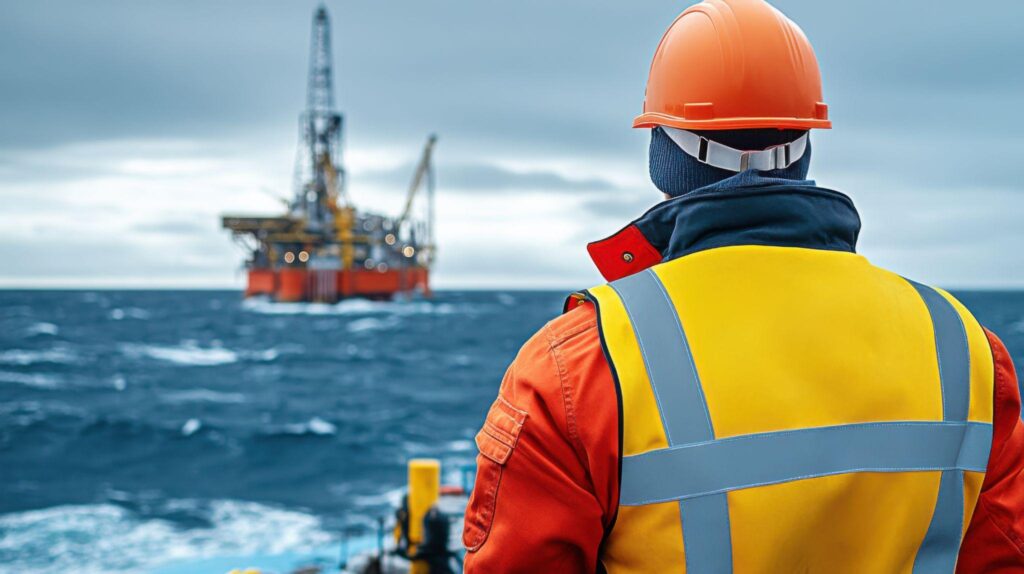
Even with precautions in place, maritime workers can still suffer serious injuries. Shipowners are legally obligated to provide maintenance and cure—covering medical treatment and living expenses—when injuries occur in service of the ship.
These rights apply whether or not your employer was negligent. However, if negligence or unsafe conditions contributed to your injury, additional compensation may be available under the Jones Act or general maritime law.
If you or someone you love has been injured while working in the maritime industry, Schechter, Shaffer & Harris can help. Our experienced attorneys have represented thousands of maritime workers since 1964. As a trusted maritime injury law firm, we understand how to fight for your rights and secure the compensation you deserve.
Contact us today for a free consultation with a skilled maritime injury lawyer.
Source:
- National Institute for Occupational Safety and Health (NIOSH). About Maritime Safety and Health.

